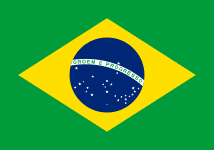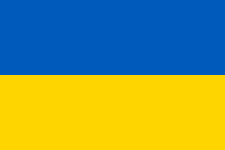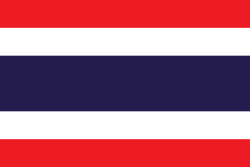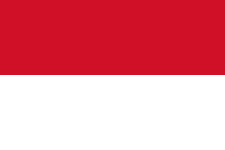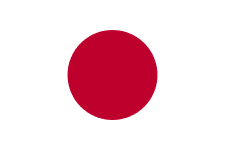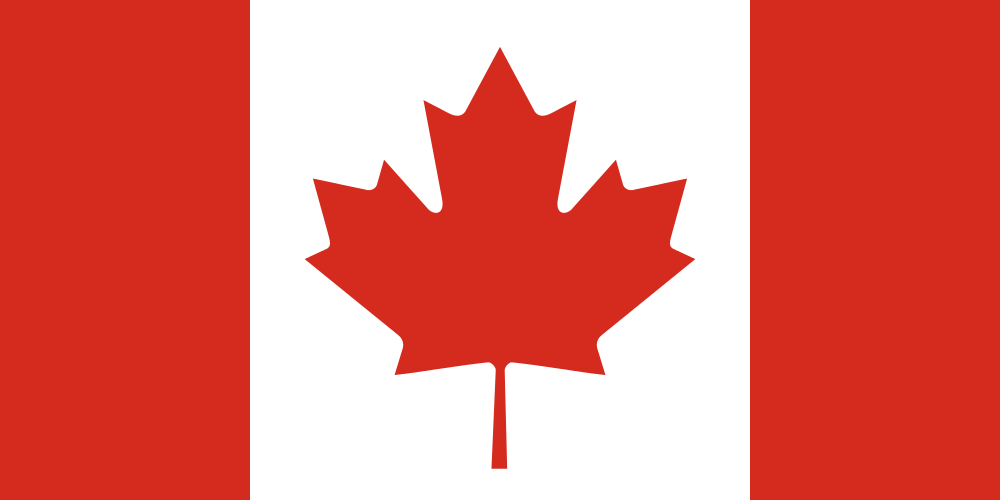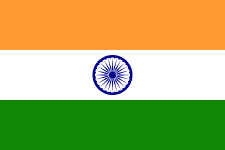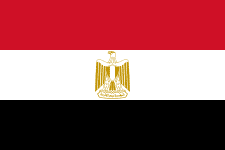- Industry
- Region
- Country / Region
On June 5, 2025, Brazil's National Telecommunications Regulatory Agency (ANATEL) launched a public consultation on the revision of the Technical Regulations of Ato 9523 – Technical and Operational Requirements for Satellite Communication Systems.
Click on this link to view the original public consultation, and the comment period is until July 25th, 2025.
On June 4, 2025, the State Commission for the Regulation of Electronic Communications, Radio Spectrum and Postal Services (NCEC) of Ukraine issued Decision No. 362, amending Decision No. 81 issued on February 12, 2025. The amendments add 5G NR bands n28 and n78 for type approval. Manufacturers can now apply for type approval for 5G NR equipment operating in these bands, but 5G NR services are not yet available to the public in Ukraine.
Click on this link to view the original NCEC Decision 362.
On June 9, 2025, Thailand's National Broadcasting and Telecommunications Commission (NBTC) issued an announcement announcing that from June 30, 2025, the import of telecommunications equipment and devices using only 2G and 3G technology will be banned, and the issuance of inspection and certification marks will be banned.
Click this link to view the original NBTC announcement.
On May 23, 2025, the Ministry of Communication and Digital Affairs (KOMDIGI) of Indonesia issued Decree No. 204 of 2025 on the technical standard for telecommunications equipment and/or broadband wireless access telecommunication equipment based on the IMT-2020 technical standard. The decree covers technical standards for terminals and base station equipment in the 5G n50 band (1432-1517 MHz, TDD).
Click on this link to view the original text of Legislative Decree No. 204 of 2025.
On May 29, 2025, Japan's Ministry of Internal Affairs and Communications (MIC) issued amendments to Regulation No. 54 of 2025 to the Telecommunications Terminal Equipment Regulations. The amendment imposes emergency cross-carrier roaming requirements for Internet Protocol (IP) mobile phone terminals, such as smartphones, to enable users to temporarily access other carriers' networks in the event of an emergency. The amendment will enter into force on October 1, 2025. A two-year transition period applies to IP mobile phone terminals that meet any of the following criteria:
- Have obtained certification in accordance with technical standards or have submitted a self-confirmation of compliance with technical standards;
- Special circumstances that may be considered with the approval of the Minister of Internal Affairs and Communications.
Click on this link to view the original text of MIC Regulation No. 54 of 2025.
On June 17, 2025, the Telecommunications Certification Bodies Council (TCBC) forwarded a notice from Innovation, Science and Economic Development Canada (ISED) by mail, announcing that as of June 30, 2025, applications containing multiple product marketing names (PMNs) will no longer be allowed to be submitted in a single field. Such applications will be considered as series applications and must be submitted in a series manner. Applications submitted on or after June 30, 2025, containing multiple PMNs in a single field, will be returned to the certification body for amendment.
Click this link to view the original TCBC notice.
On June 4, 2025, Innovation, Science and Economic Development Canada (ISED) announced that the compliance date for hearing aid compatibility and volume control requirements for mobile phone devices will be extended from January 1, 2026 to January 1, 2028.
Click this link to view the original ISED announcement.
Following the FCC's discussion and adoption of two bills on strengthening the equipment regulatory process and identifying the impact of foreign adversaries on the communications industry at its public meeting on May 22, 2025, the official content of the relevant bills was officially released on the FCC website on May 27, 2025, with the following main contents:
- FCC 25-27: The two-part decision of the announcement, with Appendix A to be issued in accordance with the final rule, will prohibit entities on multiple lists and entities controlled by foreign adversary countries as defined by the U.S. Department of Commerce (10% or more of the state-owned assets) from participating in the FCC equipment certification process as FCC testing laboratories, TCBs, and accreditation agencies; Appendix B is a solicitation of comments considering whether to further prohibit all entities in the territory of a foreign adversary country from participating in the FCC equipment certification process;
- FCC 25-28: Comment on the requirement for all entities authorized by the FCC to submit ownership information, the reporting threshold is likely to refer to the 5% threshold adopted in FCC 25-27.
Both announcements are not currently posted on the Federal Register website, and a comment period will be provided after they are posted. These two policies will have a greater impact on the domestic information and communication industry, and it is recommended that relevant enterprises and institutions pay close attention and actively give feedback during the consultation period to defend their own rights and interests.
Click on the links above to view FCC 25-27 and FCC 25-28 respectively.
On May 19, 2025, India's Ministry of Telecommunications (DoT) released the draft Rules for the Use of Low Power and Ultra-Low Power Radio Access Systems (including Wireless LANs) in the Low 6 GHz Band 2025. The rule applies to the band 5925-6425 MHz. The maximum equivalent isotropically radiated power (EIRP) is 1 W for low-power indoor (LPI) devices and 25 mW for ultra-low-power outdoor (VLP) devices.
Click this link to view the original draft and the comment period is until 15 June 2025.
On May 21, 2025, the National Telecommunications Regulatory Authority (NTRA) of Egypt notified authorized laboratories of the new mandatory requirements for Arabic language specifications, which read:
- The Arabic language instructions required for public-facing products (e.g., mobile phones, home routers, etc.) should include the name and contact information of the entity being translated, and must be an ISO 17100 accredited entity or an institution accredited by an Arab government organization.
- NTRA also announced that products that are ready to ship but do not meet the new requirements will be exempted from the requirement as the manufacturer was not previously aware of the requirement, but will require a letter of commitment from the manufacturer stating that it is aware of the new requirement and will meet it in future shipments.
